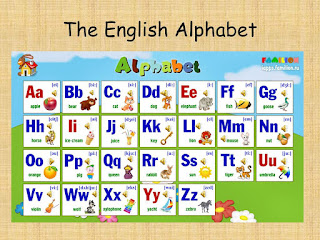English vs Spanish: Tutear
Tutear is one of those things that you cannot do in English just because there is not a word to do so. Tutear indicates you are using the personal pronoun TÚ to address somebody, but this is a pronoun to be used only if there is a certain degree of familiarity between two speakers (such as in the case of good friends for example). It is considered disrespecful to use it (tutear) to address someone who is in a higher position (your boss for example) or someone you just met (unless that person is a child).
The pronoun YOU is usually translated as TÚ, but the added value that receives in Spanish (the one used to express familiarity or superiority) is practically inexistent in English. Nevertheless, there is a way to do the same only that not using a pronoun. The formula is simple: if one person believes it is time to stop being formal (if the relation between both began that way that is) then all such person has to do is ask the other if it is Ok to call him or her using his or her first name. "Can I call you X?" is the question most likely used in these situations. This perhaps explains why being formal is only left to the occasions that truly require it; thus, raising a little the level of informality in which most relationships tend to begin with.
Update (Nov. 22): You never know when you're going to run into new information. It just happens. Just like that I found an expression that seems quite close to the Spanish concept of Tutear and that expression is: To Be in First-Name Terms. It obviously indicates there is a certain degree of familiarity just as Tutear suggests, though still it is not quite the same.
Update (Nov. 22): You never know when you're going to run into new information. It just happens. Just like that I found an expression that seems quite close to the Spanish concept of Tutear and that expression is: To Be in First-Name Terms. It obviously indicates there is a certain degree of familiarity just as Tutear suggests, though still it is not quite the same.




Comments